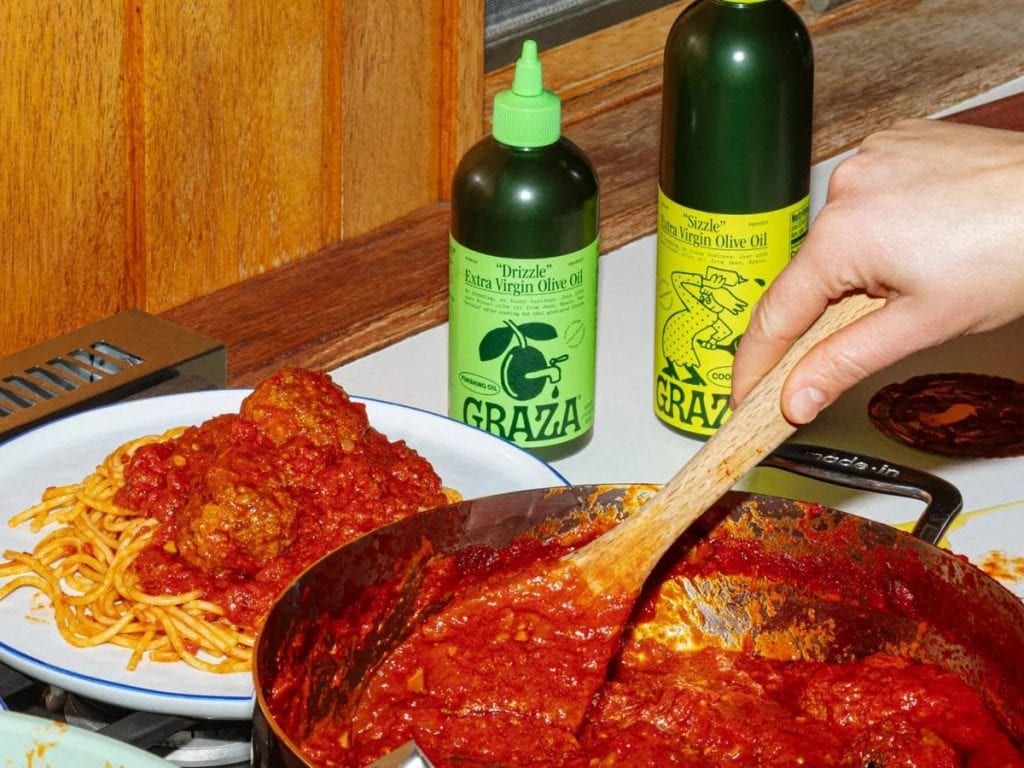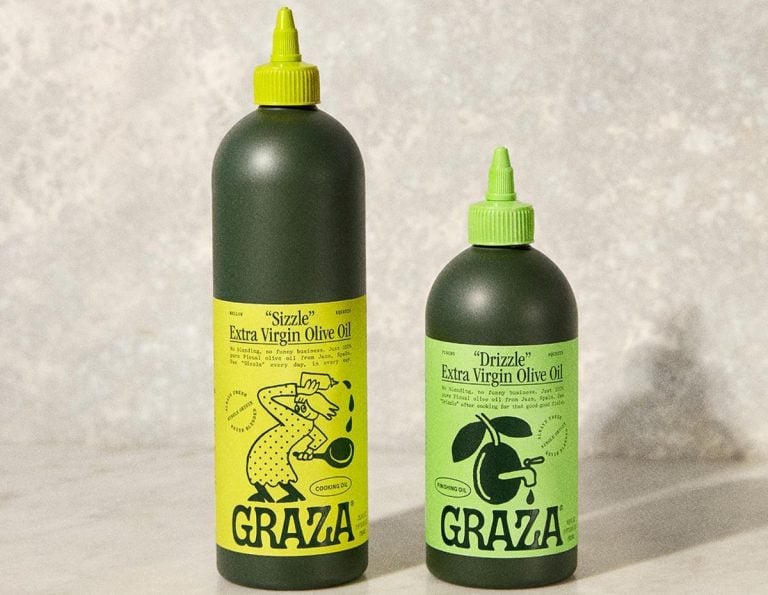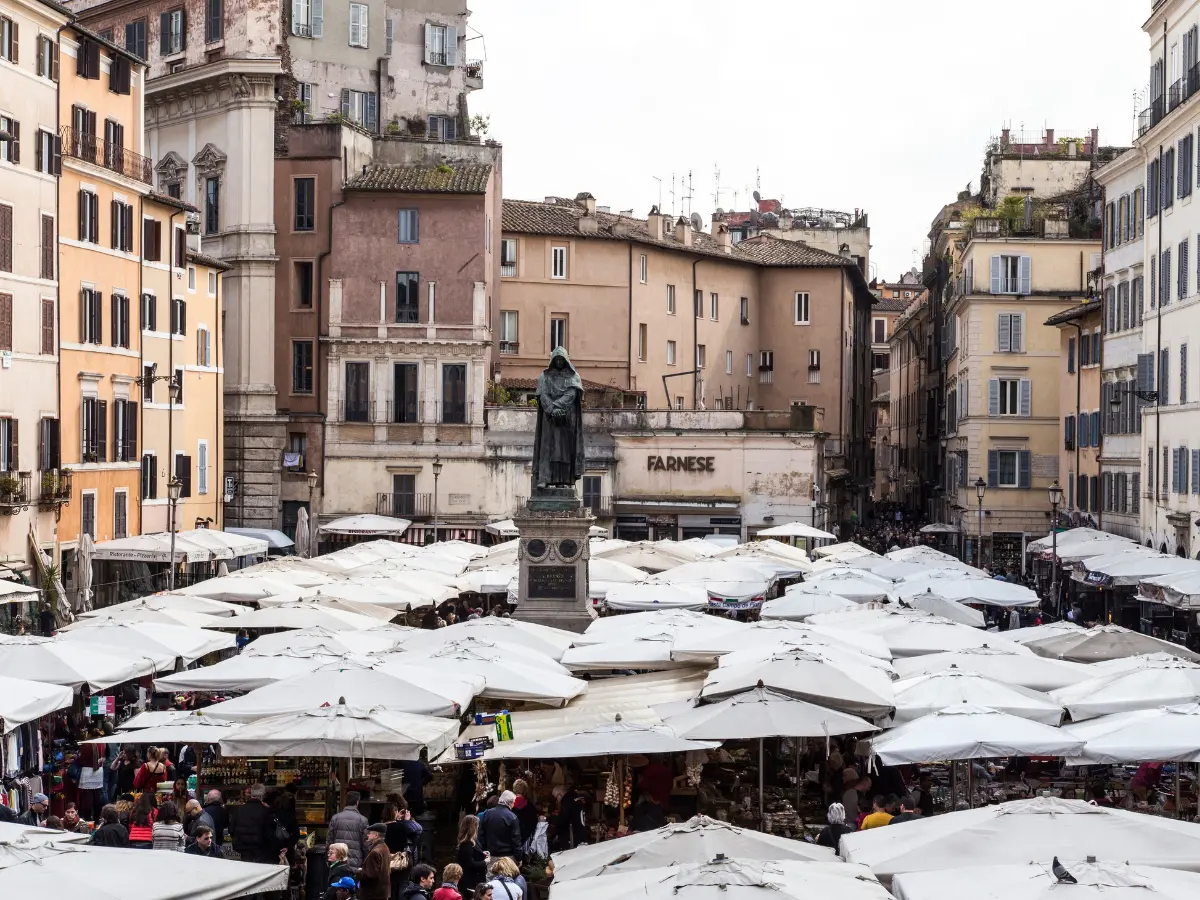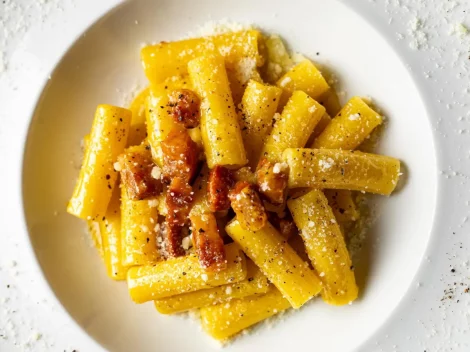The brand that revolutionised the olive oil market in the United States. Graza, the olive oil brand that has disrupted the U.S. market, owes its success to a perfect combination of innovative packaging and an aggressive marketing strategy centred around influencer engagement. Launched in 2022, Graza introduced two products: 'Sizzle', intended for cooking, and 'Drizzle', designed for finishing dishes. Both products are packaged in distinctive squeezable bottles, a departure from traditional glass containers, making them more user-friendly and appealing to a younger demographic. This unique packaging, coupled with a strong social media presence, allowed Graza to sell out its initial inventory within the first week of launch, achieving over $100,000 in revenue.

A passion for olive oil born in Spain
Andrew Benin, CEO of Graza, developed a passion for olive oil during his time living in Spain. Inspired by the quality and culture surrounding olive oil in Spain, he aimed to bring high-quality, single-origin Spanish olive oil to the U.S. market at an accessible price point. Recognising a gap in the market for affordable yet authentic olive oil, Benin, with his background in direct-to-consumer companies like Warby Parker and Magic Spoon, leveraged his experience to create Graza. The brand sources its Picual olives from Andalusia, ensuring a product that is both genuine and of high quality.
The marketing strategy
Graza's marketing approach was unconventional yet effective. Prior to its official launch, the company sent free samples of its olive oil to a select group of micro-influencers, particularly those in the culinary space. These influencers were not given any directives or compensation, allowing for authentic and organic promotion of the product. This strategy generated significant buzz and anticipation leading up to the launch. Notably, influencers like Molly Baz and Emily Mariko shared their experiences with Graza, contributing to the brand's rapid growth. Within seven days of its debut, Graza reported a 7.91% conversion rate on its website from its Instagram bio, an 181% increase in follower growth across its social accounts, and a 429% increase in total post interactions.
Drizzle, Sizzle, Frizzle
Graza's product line began with 'Sizzle' and 'Drizzle', catering to different culinary uses. 'Sizzle' is intended for cooking, made from more mature olives, offering a milder flavour suitable for high-heat applications. 'Drizzle', on the other hand, is made from early-harvest olives, providing a more robust flavour ideal for finishing dishes. Recently, Graza expanded its offerings with 'Frizzle', a high-heat cooking oil designed for frying and grilling. 'Frizzle' is a blend of extra virgin olive oil and refined olive pomace oil, available in various formats, including a 750-millilitre squeeze bottle, a 5-ounce spray bottle, and a large 2-litre jug. This new product caters to consumers seeking an olive oil suitable for high-temperature cooking methods.

The new product 'frizzle' and misleading communication
Graza's marketing of 'Frizzle' has raised concerns due to potentially misleading claims. The product is described as a "naturally refined" blend of olive pomace oil and extra virgin olive oil, made from 100% Picual olives. However, the term "naturally refined" is contentious, as the refining process for olive pomace oil typically involves chemical solvents like hexane, which contradicts the notion of a natural process. Additionally, referring to the pomace—the solid residue left after olive oil extraction—as "delicious" may be considered misleading, as pomace is generally regarded as a lower-quality byproduct. Such marketing practices could potentially lead to regulatory scrutiny in markets with stricter advertising standards.
Refills and the oxidation problem
Graza promotes sustainability by offering refill options for its squeezable bottles, including aluminium cans designed to reduce packaging waste. While this initiative aligns with environmental goals, it introduces challenges related to product quality. Repeatedly refilling the same plastic bottle without proper cleaning can lead to oxidation of residual oil particles, compromising the freshness and flavour of the new oil. Moreover, frequent washing of plastic containers may degrade the material, potentially leading to the release of microplastics into the oil. These factors suggest that while the refill system is environmentally conscious, it may inadvertently affect the quality and safety of the olive oil.


 What is Ormeasco?
What is Ormeasco? The role mapping played in the creation of one of Alto Adige's best Sauvignon Blancs
The role mapping played in the creation of one of Alto Adige's best Sauvignon Blancs 'Campo de’ Fiori is no longer a market': The transformation that no one talks about
'Campo de’ Fiori is no longer a market': The transformation that no one talks about 'Excellent products will remain excellent' – but does Old World wine have to adapt to survive?
'Excellent products will remain excellent' – but does Old World wine have to adapt to survive? Why 'the rules are still being written' for non-alcoholic drinks
Why 'the rules are still being written' for non-alcoholic drinks




